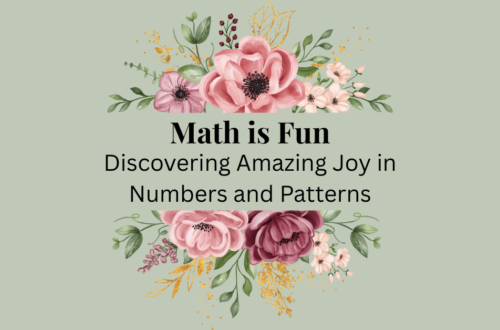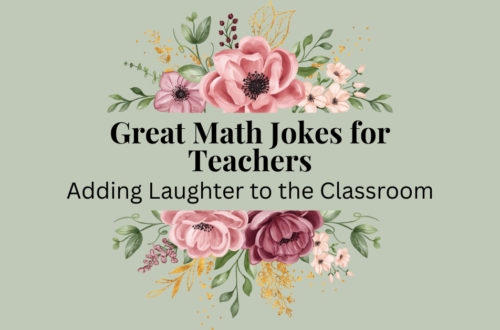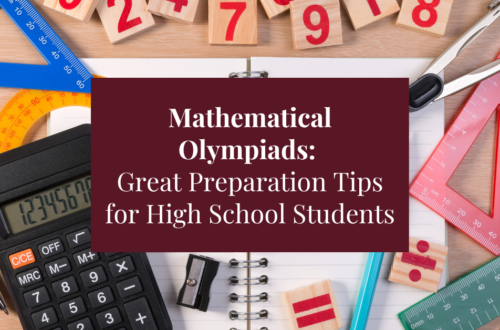In the world of education, technology has become an invaluable tool for enhancing student learning, especially in advanced subjects like honors math. By leveraging online resources and various tech tools, teachers can create dynamic, interactive environments that foster deeper understanding, encourage independent learning, and engage students in ways that traditional methods often cannot. In this blog post, we will explore how technology can be used to enrich honors math education and provide students with powerful resources for success.
1. Interactive Learning Platforms
Interactive learning platforms are essential in engaging honors math students. These platforms allow students to explore mathematical concepts in a more hands-on way, which is especially useful in challenging areas like calculus, linear algebra, and statistics.
- Khan Academy, for example, offers a wealth of video lessons and practice exercises that break down complex mathematical concepts into manageable chunks, helping students learn at their own pace.
- Desmos provides an interactive graphing calculator and activities that allow students to visualize functions, transformations, and geometric shapes in real-time. This tool can be particularly useful for students working through advanced topics like calculus or vector geometry.
- Wolfram Alpha is another valuable resource that enables students to solve problems, view step-by-step solutions, and explore advanced mathematical concepts.
These platforms allow students to learn concepts more deeply and practice independently, providing teachers with valuable time to focus on individualized support.
2. Collaborative Tools for Group Work
Collaboration is key in honors math education, where students often tackle complex problems that require teamwork and diverse thinking. Technology can enhance collaborative efforts by providing tools that make working together easier and more effective.
- Google Classroom is widely used to assign, track, and grade student work, but it also includes features like document sharing and collaboration, which allows students to work on group projects or solve problems together in real-time.
- Microsoft OneNote offers a digital notebook where students can share notes, collaborate on projects, and solve problems together. OneNote’s ability to organize notes and work collaboratively makes it an excellent resource for group assignments in advanced math topics.
- Padlet is a versatile tool for collaboration that allows students to post questions, share ideas, and offer solutions, creating a virtual space for ongoing discussions and problem-solving.
These collaborative tools promote teamwork and help students learn from one another, which is vital in honing critical thinking and problem-solving skills in honors math.
3. Math-Specific Software and Apps
In honors math classes, specialized software and apps can make abstract concepts more tangible and accessible. From algebra to advanced calculus, these resources allow students to engage with mathematical theories and solve complex problems efficiently.
- GeoGebra is a dynamic mathematics software that combines geometry, algebra, spreadsheets, graphing, statistics, and calculus. Students can use it to explore mathematical models, visualize functions, and perform interactive geometric constructions.
- MATLAB and Mathematica are advanced tools used for numerical computation, algebra, and visualizing complex functions. These platforms are especially helpful in teaching subjects like differential equations, linear algebra, and vector calculus.
- Photomath is an app that allows students to take pictures of handwritten math problems and receive step-by-step solutions, making it easier for students to understand the process behind solving complex problems.
These specialized tools provide students with a richer understanding of mathematical concepts and allow them to apply their knowledge in real-world scenarios.
4. Flipped Classroom Approach
The flipped classroom model is a powerful approach for advanced math education, where students learn new content at home through online videos and resources, and use classroom time for deeper discussions, problem-solving, and individualized support.
- Teachers can record lessons explaining complex math concepts and upload them to platforms like YouTube or Google Classroom, allowing students to review and learn at their own pace. This approach ensures that students come to class prepared and ready to engage in meaningful discussions and practice.
- The flipped classroom allows teachers to focus on more personalized instruction during class time, helping students who may struggle with certain concepts and encouraging high-achieving students to explore advanced topics at a faster pace.
This approach fosters active learning and allows students to take ownership of their educational journey, which is particularly beneficial for honors math students who are often ready to push the boundaries of the curriculum.
5. Math Games and Gamification
Gamification, the integration of game elements into learning, can make honors math more engaging and enjoyable. Math games and interactive challenges provide an opportunity for students to apply their knowledge in creative ways while reinforcing important concepts.
- Prodigy Math is a game-based platform that makes learning math fun and interactive. Students work through math problems to earn rewards, allowing them to apply their skills in a playful environment.
- Mathigon uses game-like elements and interactive visualizations to help students learn concepts like geometry, algebra, and number theory.
- Desmos Activity Builder allows teachers to create custom, interactive lessons and challenges for students to explore math concepts in a game-like format.
Gamification motivates students to engage with math outside the traditional classroom setting and can be a great way to encourage perseverance and problem-solving.
6. Real-Time Data and Analytics for Personalized Learning
One of the greatest benefits of using technology in the classroom is the ability to collect real-time data on student progress. This data can be used to personalize learning experiences and provide targeted support.
- Platforms like Google Classroom and Edmodo allow teachers to track student progress on assignments and assessments in real time, enabling them to identify areas where students may be struggling and offer timely interventions.
- Socrative and Quizizz are interactive quiz platforms that allow teachers to create real-time quizzes and polls, giving immediate feedback to students and helping teachers gauge understanding.
- Knewton is an adaptive learning platform that adjusts content based on each student’s needs, ensuring that students receive the support they need to succeed.
By leveraging real-time data, teachers can tailor their instruction to meet the unique needs of their honors math students, ensuring they receive the support necessary to excel.
Conclusion
Technology is revolutionizing the way we teach honors math, providing powerful tools and resources that help students master complex concepts, engage with real-world problems, and collaborate with peers. By integrating interactive learning platforms, math-specific software, collaborative tools, and gamification into the curriculum, teachers can create a dynamic and personalized learning environment that meets the needs of all students. As technology continues to evolve, the possibilities for enhancing honors math education are limitless.
Are you using technology to enhance your honors math classes? Share your thoughts and experiences in the comments below!





